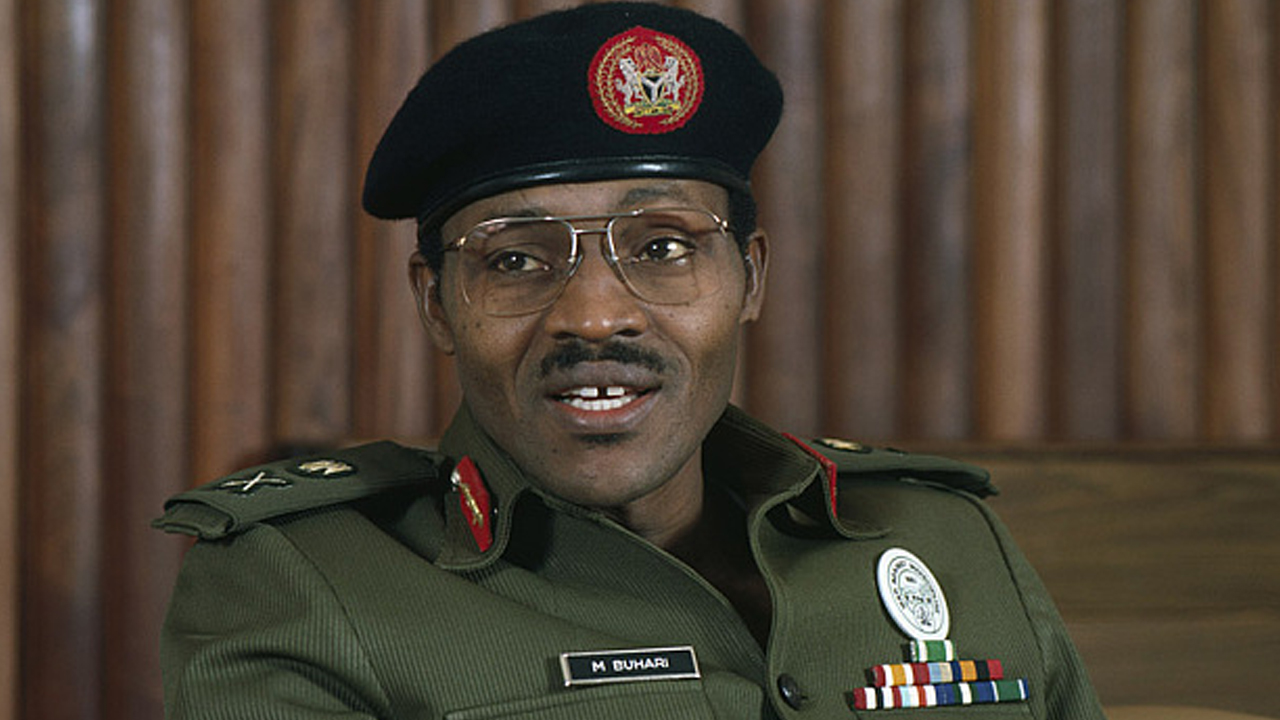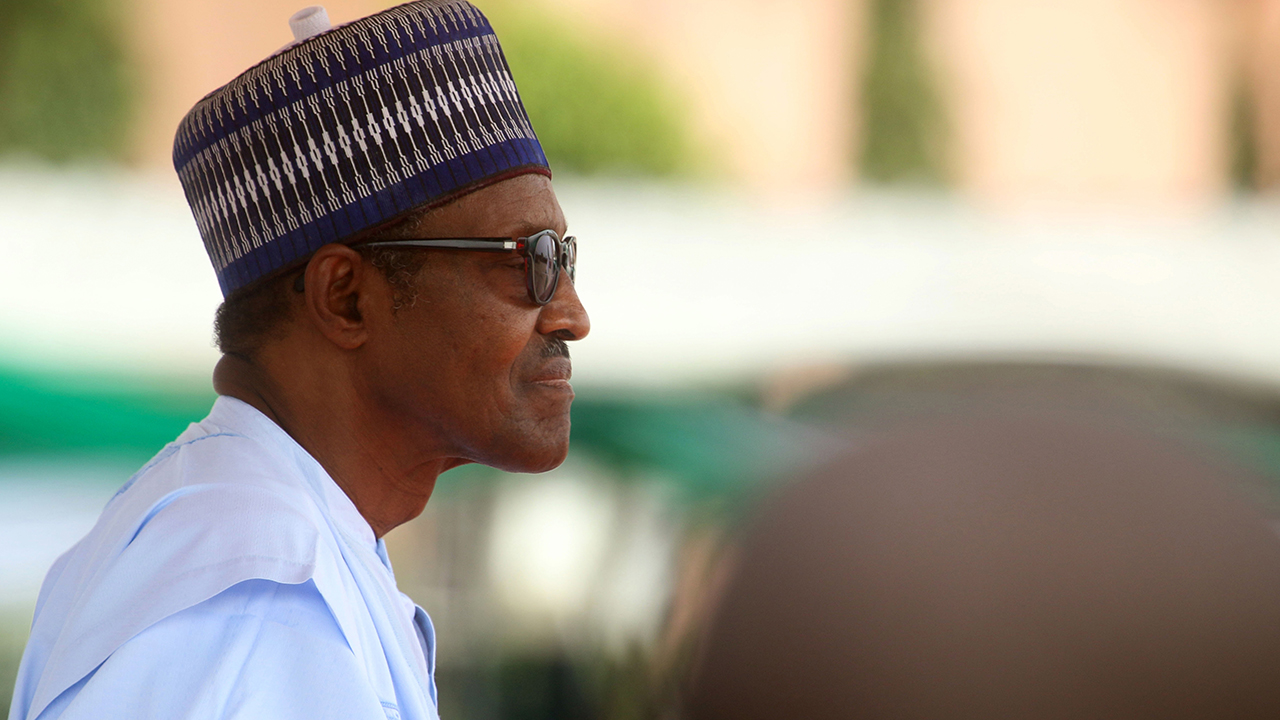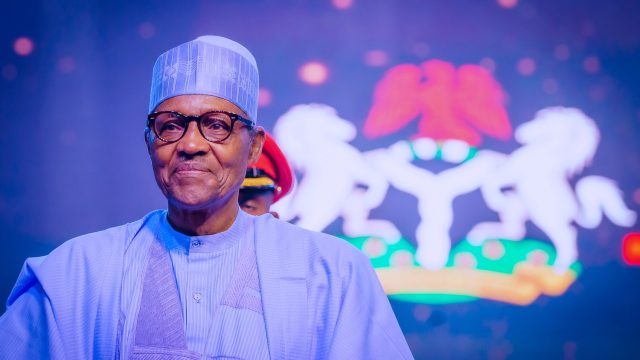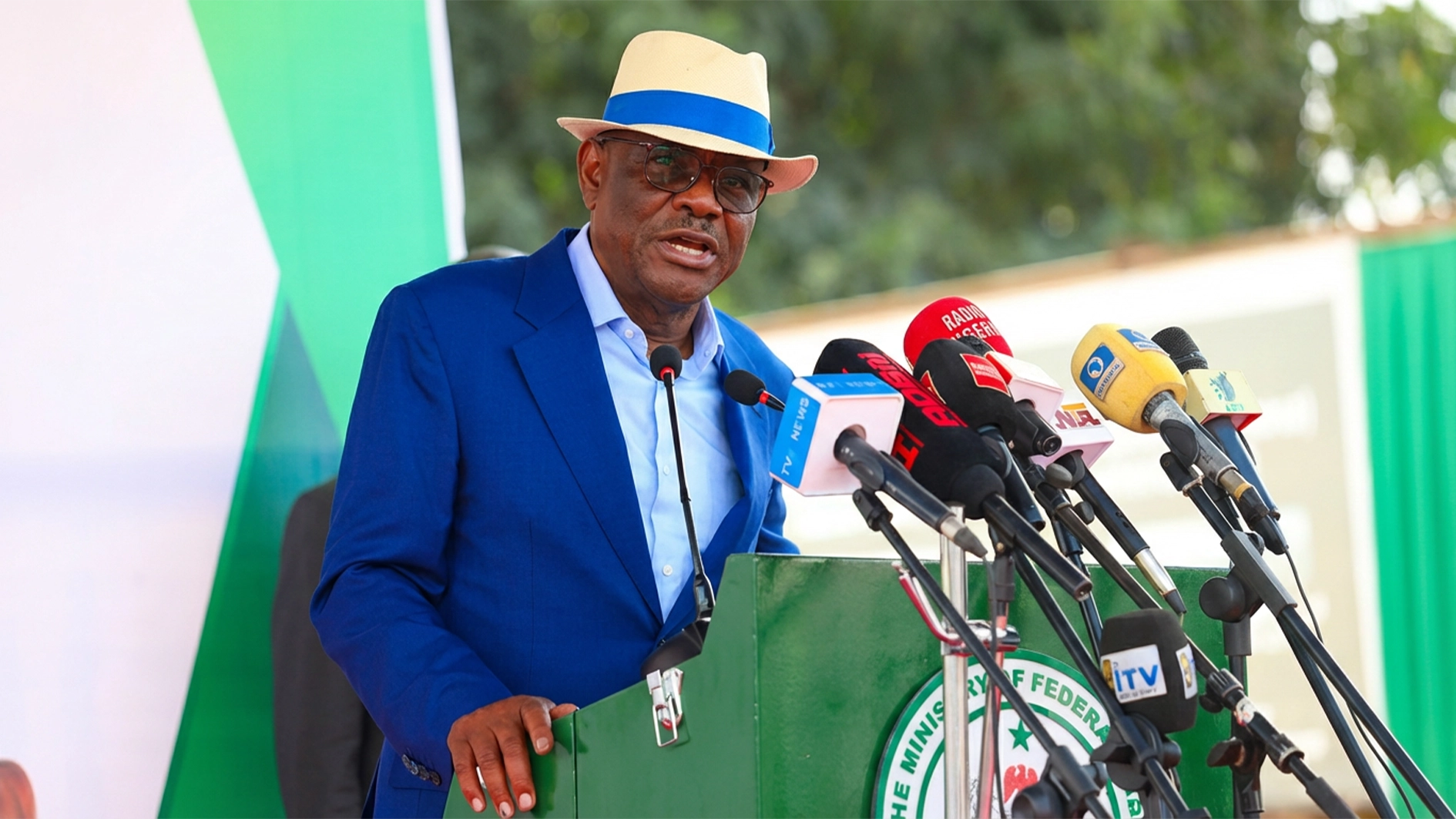Former Nigerian President Muhammadu Buhari, a central figure in the country’s military and democratic evolution whose leadership style spanned iron-fisted discipline and quiet resolve, has died. He was 82.
Buhari passed away after a brief illness in a private clinic in London. The former president’s death marks the end of a political career that defined multiple eras in Nigeria from military coups to democratic transitions.
A soldier, a general, and eventually a civilian president, Muhammadu Buhari was shaped by war, duty, and an unyielding belief in discipline and integrity. Yet, he remained a deeply controversial figure: hailed by admirers for his anti-corruption crusade and detested by critics for his rigid governance and aloofness to national outcry.
A Soldier’s path to power
Born in December 1942 in Daura, in present-day Katsina State, Buhari joined the Nigerian military at 19 and received advanced military training in the United Kingdom. He served in the Nigerian Civil War (1967–1970), an experience that cemented his loyalty to the unity of Nigeria and shaped his later nationalist rhetoric.
By 1975, Buhari had risen to become the Military Governor of the North-Eastern State. Two years later, he was appointed Federal Commissioner (Minister) for Petroleum and Natural Resources under the regime of General Olusegun Obasanjo and simultaneously became the first Chairman of the Nigerian National Petroleum Corporation (NNPC).
His steady climb in the ranks of power culminated in one of Nigeria’s most defining moments.
Military rule and detention
On December 31, 1983, Major-General Muhammadu Buhari led a military coup that overthrew the civilian government of President Shehu Shagari, citing widespread corruption and economic mismanagement.

His regime, though short-lived, was remembered for its stringent policies under the “War Against Indiscipline” campaign, which enforced order in public life with methods that some hailed as necessary, and others condemned as draconian.
In August 1985, Buhari was overthrown in another coup led by General Ibrahim Babangida and was detained for nearly three years — an act that introduced him to the taste of the same authoritarian tactics he once employed.
The civilian comeback
Buhari returned to public service in the 1990s when he was appointed chairman of the Petroleum Trust Fund (PTF) by General Sani Abacha.
Under his leadership, the PTF embarked on infrastructural development, particularly in roads, education, and health, an era that briefly revived his image as a no-nonsense manager of public funds.
As Nigeria transitioned into democracy in 1999, Buhari re-emerged this time in civilian garb. He contested the presidency in 2003 on the platform of the All Nigeria Peoples Party (ANPP) and lost to incumbent President Olusegun Obasanjo. He ran again in 2007 and was defeated by Umaru Musa Yar’Adua. In 2011, he contested a third time under a new party he helped create, the Congress for Progressive Change (CPC), but lost to Goodluck Jonathan.

Yet, Buhari remained undaunted.
In 2015, he joined forces with other opposition leaders to form the All Progressives Congress (APC). Running against President Goodluck Jonathan, Buhari finally won — becoming the first opposition candidate in Nigerian history to defeat an incumbent in a presidential election.
Presidency: promise and polarisation
Buhari was sworn in on May 29, 2015, pledging to fight corruption, crush Boko Haram insurgents, and revive Nigeria’s sluggish economy. He was re-elected in 2019, defeating former Vice President Atiku Abubakar.
His administration oversaw several landmark infrastructure projects, including rail revitalisation, highway upgrades, and an increased push into agriculture aimed at reducing Nigeria’s dependence on imports.
However, his presidency was equally marked by controversy and criticism. He was frequently absent from the country due to prolonged medical treatments in the United Kingdom, leading to public anxiety over the secrecy surrounding his health.
His slow response to pressing national crises from mass kidnappings and farmer-herder conflicts to police brutality often drew public ire. Many critics saw his leadership as distant and reactive, while his defenders insisted he was deliberate and steady in a country prone to political haste.
Still, Buhari earned praise from international allies for efforts in anti-corruption and security collaboration, particularly in the Lake Chad Basin.
Exit and retirement
On May 29, 2023, Muhammadu Buhari handed over to President Bola Ahmed Tinubu and retired to Daura, bringing to an end a career that spanned military dictatorship, democratic defeat, and historic electoral victory.

In retirement, he was often seen tending to his farm, a pastime he long claimed was therapeutic. Despite his withdrawal from public life, debates around his legacy remained intense reflective of the complexities of a man who was both revered and resented.
A legacy of iron and silence
Muhammadu Buhari’s life and political journey mirrored the contradictions of Nigeria itself a nation full of potential but often pulled apart by competing visions of leadership.
He saw himself as a patriot, driven by duty. His critics saw a rigid ruler out of step with modern governance. But even his harshest opponents admit: he left an indelible mark.
In 2015, during his inaugural address, Buhari said, “I belong to everybody and I belong to nobody.” It became his mantra and perhaps his epitaph.
He is survived by his wife, Aisha Buhari, and children. While the country has been thrown into a national mourning, funeral arrangements are expected to be announced by the federal government in consultation with the family.
Flags are being flown at half-mast, and condolences continue to pour in from across the globe.






